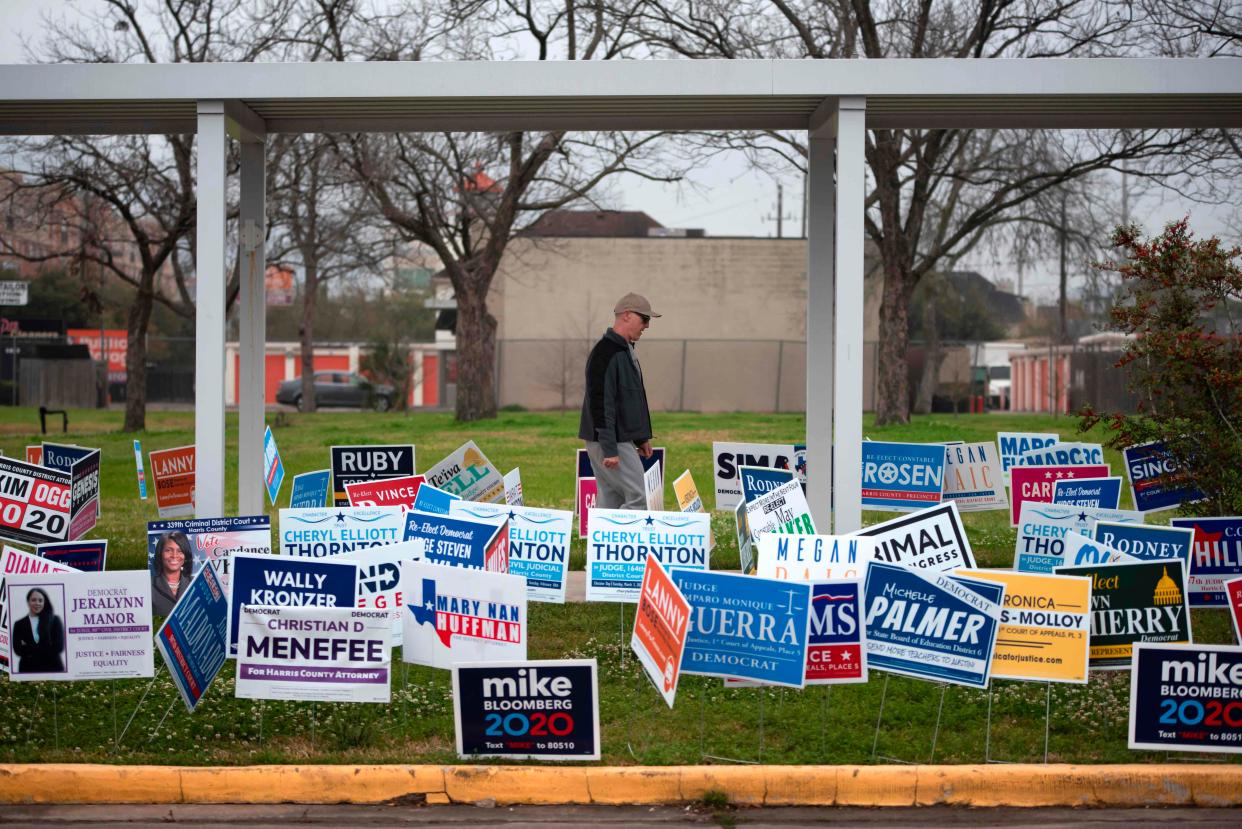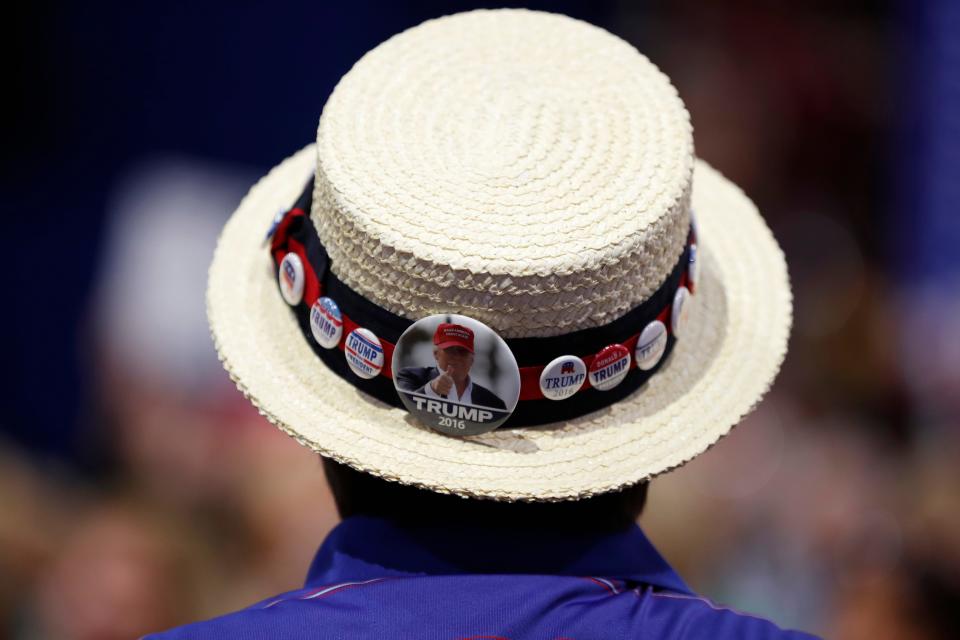What are presidential delegates and how does the process work?

For the next several months, voters across the U.S. will cast their ballots for their favorite presidential candidate during the primary season, but it's the delegates to the national major party conventions (Republican and Democratic) who select the presidential nominees for their respective party.
Similar to the general election, where the candidates need a majority of voters in the Electoral College to win the White House — that's another story altogether — presidential candidates need a majority of delegate votes at the convention to win the party's presidential nomination.
More: 2024 Presidential Primary Delegate Tracker
What is a delegate?
A delegate is a person chosen to represent their state or community at their party's presidential nominating convention and select a candidate to represent their party on the November ballot. They are usually early supporters of a candidate, party activists or political leaders.
Delegates are selected in primaries or caucuses at state-level party conventions and are typically early supporters of a candidate, party activists or political leaders.
What kinds of delegates are there?
Each party has two similar categories of delegates that go by different names. The Democratic party has "pledged" and "unpledged" delegates, and the Republican party has "bound" and "unbound" delegates.
Pledged and bound delegates have to vote for whichever candidate in their party wins the primary or caucus in their state.
Unpledged and unbound delegates may choose to vote for any candidate regardless of their state's primary or caucus results. These delegates usually aren't allowed to select candidates in the first round of voting in contested races. In the Democratic party, current elected officials and party leaders or "superdelegates" are unpledged.
More: What's the difference between a caucus and a primary election? Here's how each works.
How many delegates are there?
The number of delegates differs between the parties, but both will have thousands of delegates representing 50 states, Washington, D.C., and multiple U.S. territories. The Republican party expects about 2,429 delegates in July for the Republican National Convention in Milwaukee, Wisconsin. Approximately 4,600 delegates will be at the Democratic National Convention held in August in Chicago, Illinois.
To win the nomination, a Democratic candidate must have around 1,969 votes, and a Republican candidate must have at least 1,215.

How does a candidate "win" a delegate?
A candidate wins delegates based on their performance in a state's party's primary election or caucus. Each candidate gets a certain number of delegates proportional to the vote percentage received in the state contests.
How do Republicans allocate delegates?
Republican delegate allocation varies depending on the state. There are a few different systems that are used.
Proportional: Similar to the Democratic party's system, delegates are allocated proportionally to candidates based on the statewide vote.
Winner-take-all: All of a state's delegates available in a contest are allocated to the candidate who receives the majority of votes in a state primary election or caucus.
Hybrid: Some states combine systems of delegate allocation. There are many versions, but the most common is majority-take-all, where delegates are won proportionally based on the statewide vote. Still, a candidate may win them all if they receive over 50 percent of the vote.
How do Democrats allocate delegates?
The Democratic party has a designated formula for allocating delegates based on the statewide vote in primaries and caucuses. Candidates must receive at least 15% of the statewide vote to earn pledged delegates.
When will delegates be allocated?
The first delegates were already allocated in last month's Iowa Caucus and have been picked up in other contests since then, including in New Hampshire, South Carolina and Nevada. Candidates will continue to garner delegates up until the last state primaries on June 4. A majority of delegates will be allocated during Super Tuesday, which will include primaries in populous states like Texas and California.
More: What is Super Tuesday? What to know about the pivotal 2024 presidential primary day
This article originally appeared on USA TODAY: Delegates select the presidential nominees but what's the process?
